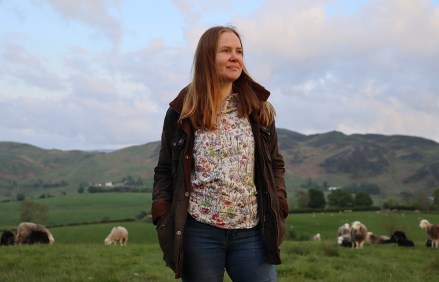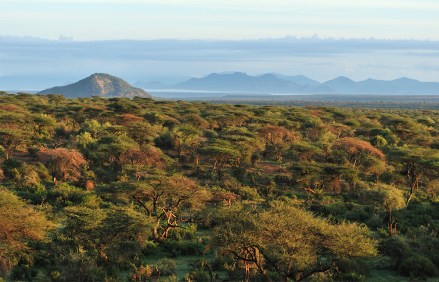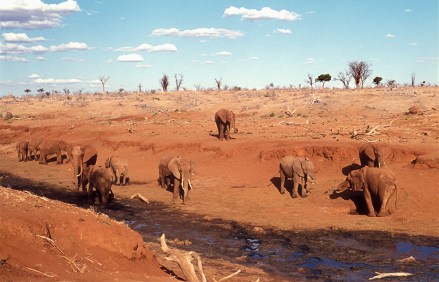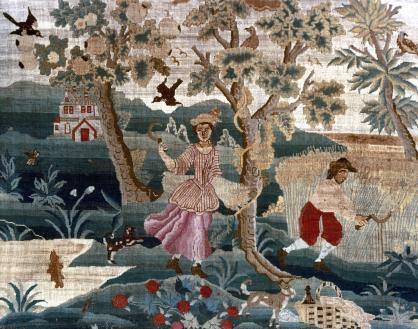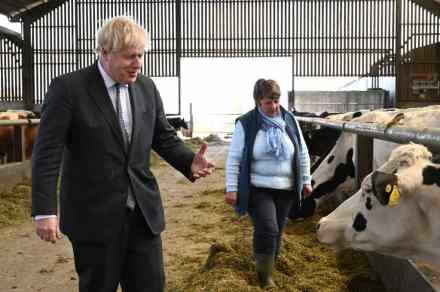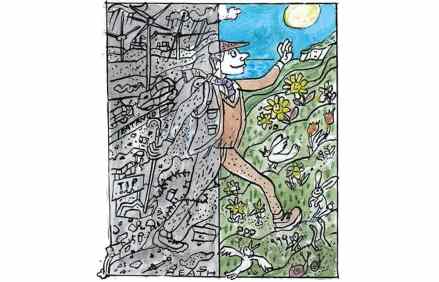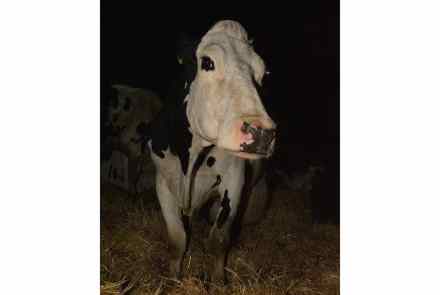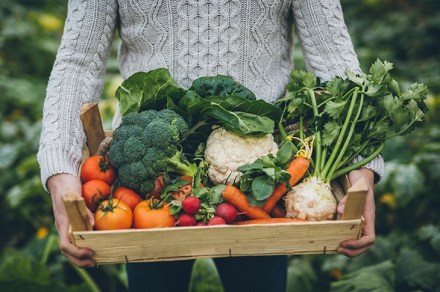Escape into fantasy: My Heavenly Favourite, by Lucas Rijneveld, reviewed
When Marieke Lucas Rijneveld won the International Booker Prize in 2020 for The Discomfort of Evening, a novel set in the Netherlands about the daughter of a dairy farmer growing up in a strict Christian household in the wake of the tragic death of her brother, the earthy, uncompromising voice was striking. The book was disturbing in its subject matter (the parents, blinded by grief, allow their remaining children to become semi-feral, experimenting with sex and death) and its visceral animal similes: bloody birth, brutal mating, culls for foot-and-mouth disease, slaughter. The ten-year-old girl protagonist had a lot in common with the author; and so it is again in My



